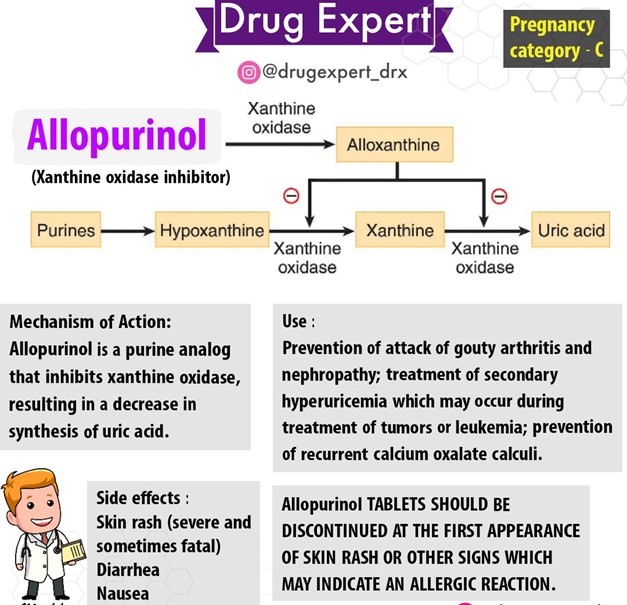A nurse is caring for a client who has a new prescription for furosemide and asks the nurse about the purpose of the medication. The nurse states "This medication is a diuretic that removes excess fluid from your body." Which of the following ethical concepts is the nurse exhibiting?
Accountability
Autonomy
Veracity
Fidelity
Justice
The Correct Answer is C
c. Veracity
The nurse is exhibiting the ethical concept of veracity by providing the client with truthful and accurate information about the purpose of the medication. Veracity refers to the obligation to tell the truth and provide information in an honest and transparent manner.
Explanation for the other options:
a .Accountability: Accountability refers to taking responsibility for one's actions and being answerable for the outcomes. While accountability is an important ethical concept for healthcare professionals, it is not directly demonstrated in this situation.
b. Autonomy: Autonomy refers to respecting an individual's right to make their own decisions and choices regarding their healthcare. While the nurse is providing information to the client, autonomy is not directly demonstrated in this situation.
d. Fidelity: Fidelity refers to being faithful and keeping promises or commitments made to clients. While
fidelity is an important ethical concept, it is not directly demonstrated in this situation.
e. Justice: Justice refers to fairness and the equitable distribution of healthcare resources. While justice is an important ethical concept, it is not directly demonstrated in this situation.
In this scenario, the nurse's action of providing truthful information to the client aligns with the ethical
concept of veracity.
Nursing Test Bank
Naxlex Comprehensive Predictor Exams
Related Questions
Correct Answer is D
Explanation
When taking allopurinol, a medication commonly used to treat gout and prevent kidney stones, the nurse should instruct the client to monitor and report the manifestation of a skin rash with fever. Stevens-Johnson syndrome (SJS) is a severe and potentially life-threatening condition that can occur as a rare side effect of allopurinol. It is characterized by a widespread rash, often with fever, and can progress to involve the mucous membranes (e.g., mouth, eyes) and cause severe complications.
The other manifestations mentioned, such as diplopia (double vision), tinnitus with ear pain, and hyperreflexia (exaggerated reflexes), are not typically associated with Stevens-Johnson syndrome and should not be directly attributed to this condition. However, it's important for the client to report any unusual or severe symptoms to their healthcare provider for further evaluation and appropriate management.

Correct Answer is B
Explanation
The nurse should include maintaining elbow restraints on the infant in the plan of care following cleft palate repair. This helps to prevent the infant from touching their surgical site and disrupting the healing process.
a) Allowing the infant to have soft foods may be appropriate, but it is not the highest priority. The infant's diet should be determined by the provider and based on the infant's individual needs.
c) Instructing the parents to feed the infant with a spoon may be appropriate, but it is not the highest priority. The infant's feeding method should be determined by the provider and based on the infant's individual needs.
d) Telling the parents to avoid brushing the infant's teeth for two weeks may be appropriate, but it is not the highest priority. The infant's oral care should be determined by the provider and based on the infant's individual needs.
Whether you are a student looking to ace your exams or a practicing nurse seeking to enhance your expertise , our nursing education contents will empower you with the confidence and competence to make a difference in the lives of patients and become a respected leader in the healthcare field.
Visit Naxlex, invest in your future and unlock endless possibilities with our unparalleled nursing education contents today
Report Wrong Answer on the Current Question
Do you disagree with the answer? If yes, what is your expected answer? Explain.
Kindly be descriptive with the issue you are facing.
